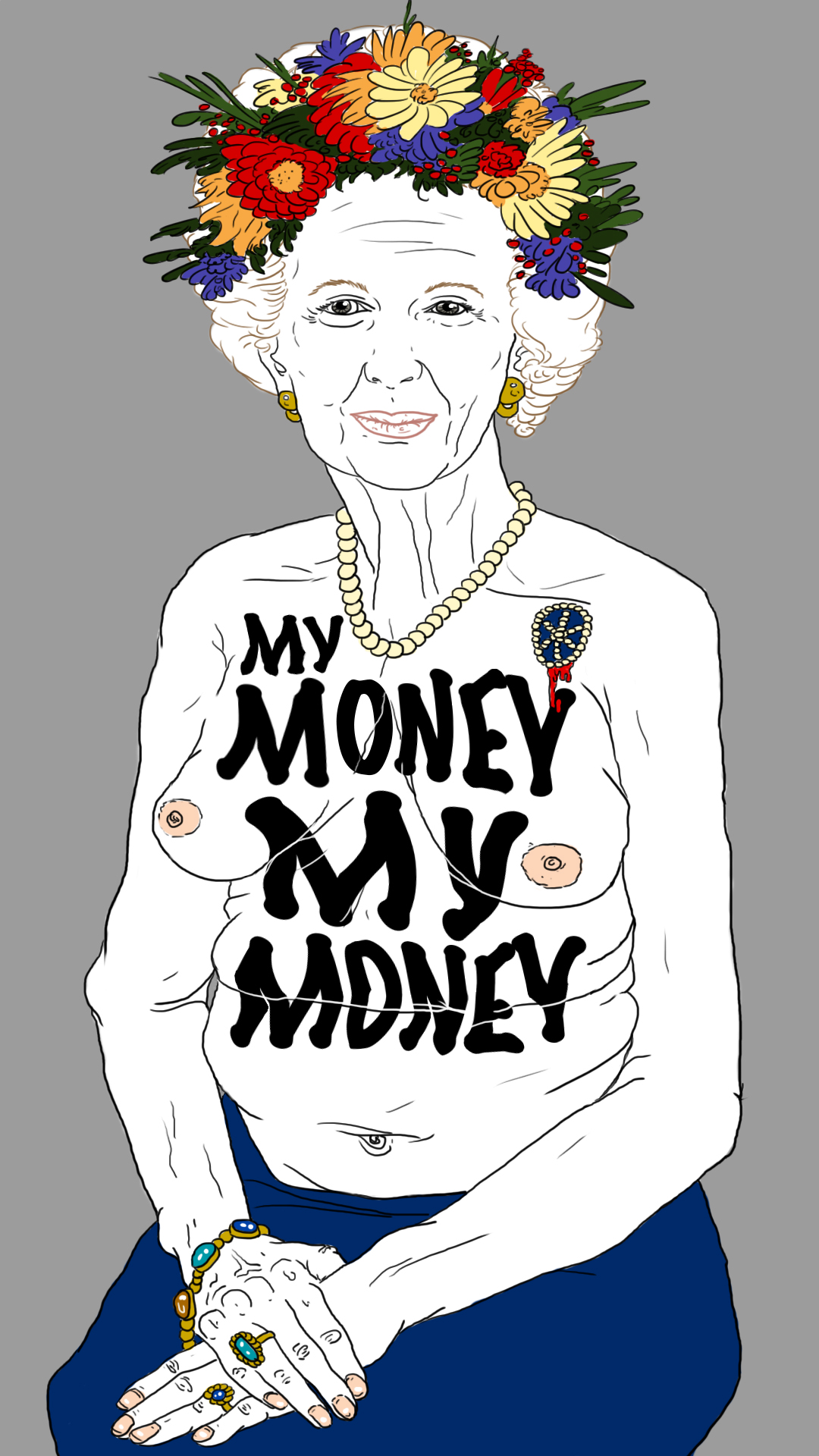The Iron Lady recasts an economic monstrosity as a victory for feminism. The coverage of the Iraq war recasts a quest for political destabilisation and profit as a victory for feminism. Lincoln recasts black revolt as a victory for the generosity of white men. Zero Dark Thirty recasts torture as an „enhanced interrogation technique“. The Baader-Meinhof Complex recasts violence as heroism.
There’s a lot of recasting going on. It reminds me of Guy Debord’s theory of ‘recuperation’. Recuperation means that our revolutionary images are recast by the dominant discourse as a separate reality as a means to controlling their revolutionary potential. That’s why the Paris 1968 riots seem like a movie – there were obvious and concrete reasons to revolt then. We couldn’t do that now, could we? Life is so much more complicated than the narrative of ’68. This is how images of revolt take the power from the event and turn it into a conservative message. This is how Margaret Thatcher’s harsh economic policies are skimmed over in order to focus on her victories for feminism. The kids like feminism, don’t they? Nevermind that their futures have been stolen by the policies of austerity – if we show them that these policies are rooted in the history of feminism then how can they argue with that?
The Iron Lady went into production at a convenient time. At the height of the financial crisis, when students everywhere began kicking off, here comes a film to win them over. “Look!”, it says, “Maggie’s beaten the patriarchy! She wasn’t so bad!” I have friends who saw the film and came out full of admiration for Thatcher. When her name comes up, the first words out of their mouths are “She achieved a lot for women everywhere”. This is an example of the dominant discourse taking charge of radical discourse, sapping it of its power, and using it to sell conservative ideology. The same happened when George Bush used the language of feminism to justify invading Iraq: “Look at how they treat their women!”
So we must be careful when we view biopics. What are the circumstances of their production, who is in political power at their date of release, what are the mainstream-approved priorities of the day? The circumstances surrounding The Iron Lady‘s release: David Cameron, a professed admirer of Thatcher is in power. His widely criticised and disproven policies of austerity are imposed on the general public, to much protest. Simultaneously, radical feminism is on the rise. Thinkers like Nina Power and Laurie Penny are making feminism important again. The mainstream press offers up “There is No Alternative”, and that protestors are hooligans living on their parents’ credit cards. There was only one way this could go. The Iron Lady tries to take these young people’s ideals and use them to impose regressive and outdated economic models on these very same young people. This is Guy Debord’s ‘recuperation’ at work.
We must also remember that everyone, no matter how villainous they appear, is human. The left – and I say this as a leftist – has a tendency to villify the right, to caricature them as cartoon villains. This is certainly fun and sometimes effective. It also means that these arguments lose traction when the villain becomes humanised. What does it take to humanise a villain? Not much. The Iron Lady shows us Margaret Thatcher’s vulnerabilities, sense of humour, and struggles with mental illness. The new documentary Mitt manages to humanise Mitt Romney. We can sympathise with him. We can sympathise with the man who wrote off “47%” of America as unimportant. We like him. This process takes the left’s tendency towards caricature, and turns it against them. All of a sudden these nefarious figures have some legitimacy. It is harder to hate them so purely as before. This is the biopic’s tendency to take our discourses and use them to push conservative messages. This is Guy Debord’s ‘recuperation’ at work.
Zero Dark Thirty‘s female protagonist succeeds for feminism when she penetrates the higher levels of the CIA. She succeeds for feminism when she uses “enhanced interrogation techniques” to fight for peace. It’s a man’s world, and she has the guts to do the dirty work.
Feminism must not be used in this way. The biopic is being utilised to alter mainstream discourse, and we need to flood the discourse with truth, radicalism, and real change. For every Iron Lady we need renewed strategies, and we need to start seriously interrogating the biopics we’re watching. As media-savvy consumers, a lot of us already do this. But there are still large proportions of society who were raised on traditional media – and who take “Based on a True Story” to mean that the film is fact. I’m not saying it’s always intentional propaganda, but that the very manner in which we tell stories reflects our background. Films are by their nature subjective. History is – by the way we frame it – subjective. Just ask that asshole Mark Zuckerberg. He’s an asshole, right? I saw The Social Network. Total asshole.
Words by Stephen Totterdell
Illustration by Judy Mièl & Lo Pecado









1 Comment